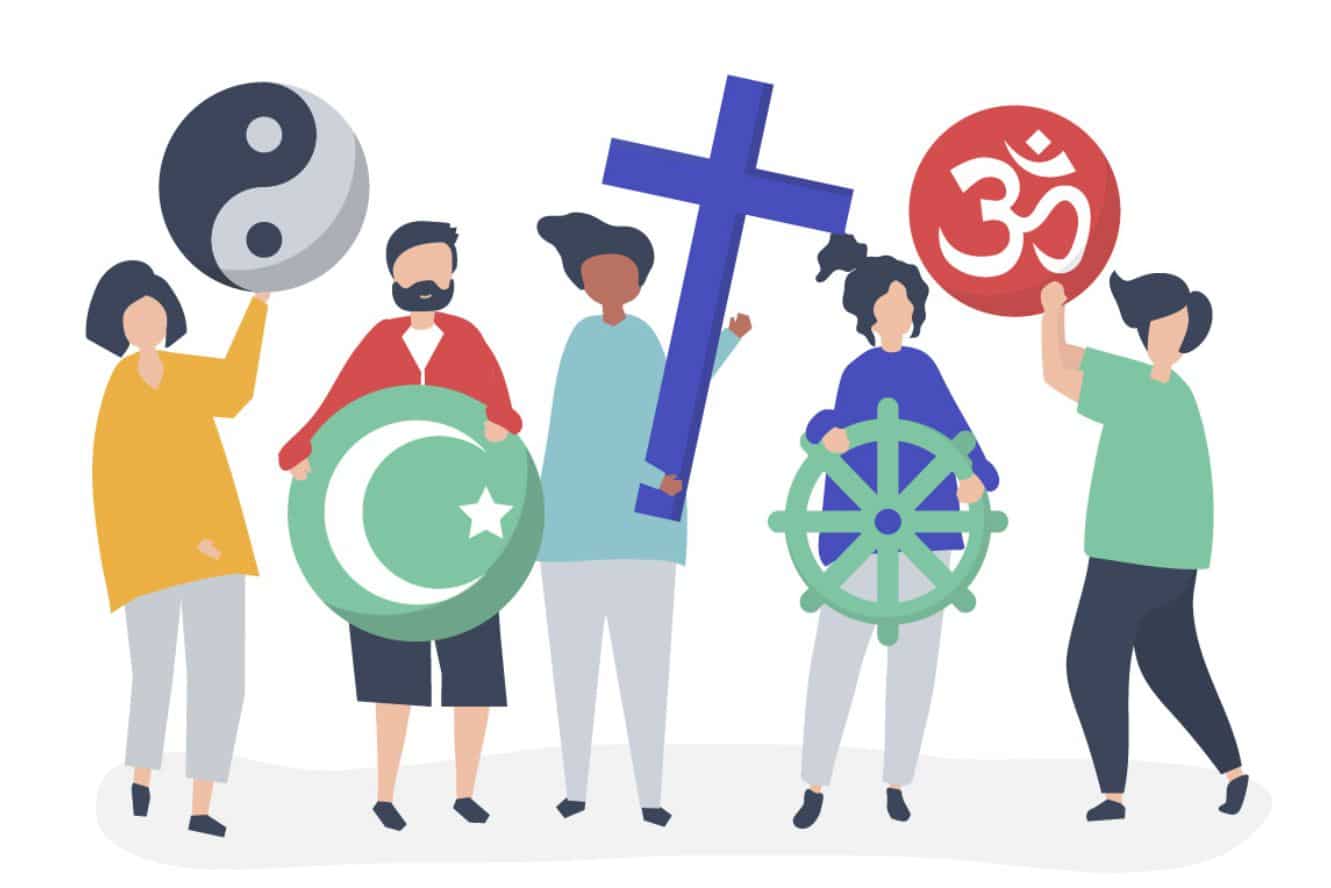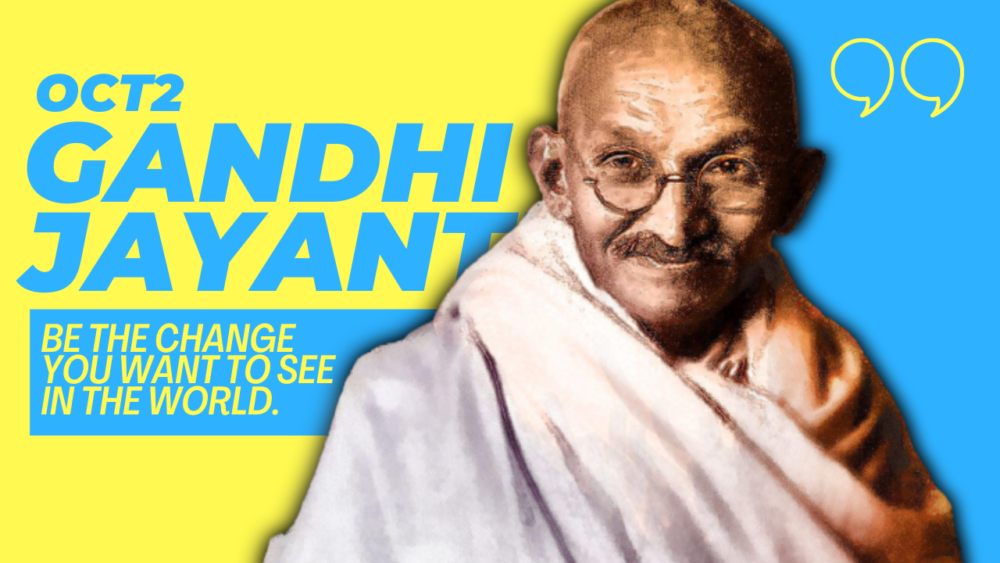These rights are the bedrock of Indian democracy and have been carefully crafted to ensure justice, equality, and the rule of law for every Indian citizen. In this article, we will explore the seven Fundamental Rights enshrined every Indian citizen should be aware of.
7 Fundamental Rights Every Indian Citizen Should Know:
1. Right to Equality (Article 14-18):
The Right to Equality is a cornerstone of Indian democracy. It ensures that every citizen is equal before the law and prohibits discrimination on grounds of religion, race, caste, sex, or place of birth.

Articles 15 and 16, in particular, lay down provisions for the abolition of untouchability and guarantee equal opportunities in public employment.
This right empowers individuals to seek justice if they face discrimination and ensures that all citizens are treated fairly and without prejudice.
2. Right to Freedom (Article 19-22):
The Right to Freedom grants citizens certain fundamental freedoms, including the right to freedom of speech and expression, the right to assemble peacefully, the right to form associations or unions, the right to move freely throughout the territory of India, and the right to reside and settle in any part of India.

These rights empower citizens to voice their opinions, protest peacefully, and travel freely within the country. However, these freedoms are subject to reasonable restrictions to maintain public order and security.
3. Right Against Exploitation (Article 23-24):
The Right Against Exploitation seeks to eliminate human trafficking and forced labor. Article 23 prohibits trafficking in human beings, begar (forced labor), and other forms of forced labor, while Article 24 prohibits the employment of children below the age of 14 in hazardous industries.

These provisions aim to protect the most vulnerable sections of society from exploitation and ensure that every citizen, regardless of age or circumstances, is afforded the right to dignity and fair treatment.
4. Right to Freedom of Religion (Article 25-28):
The Right to Freedom of Religion ensures that every individual has the freedom to profess, practice, and propagate their religion of choice. India is known for its religious diversity, and these articles protect the religious beliefs and practices of its citizens.

Article 25 also permits the government to regulate or restrict religious practices in the interest of public order, morality, or health. This right reflects India’s commitment to secularism and the peaceful coexistence of various faiths.
5. Cultural and Educational Rights (Article 29-30):
The Cultural and Educational Rights enshrine the rights of minorities to conserve their culture, establish and administer educational institutions of their choice, and receive aid from the government without discrimination.

These rights are crucial for preserving the cultural and linguistic diversity of India and ensuring that minority communities have the means to educate and empower themselves.
6. Right to Constitutional Remedies (Article 32):
The Right to Constitutional Remedies is often regarded as the “heart and soul” of the Indian Constitution. It empowers citizens to approach the Supreme Court of India directly if their Fundamental Rights are violated.

This ensures that citizens have an effective mechanism to seek justice and hold authorities accountable for any infringements on their rights. Article 32 acts as a safeguard to protect the sanctity of all other Fundamental Rights.
7. Right to Privacy (Judicial Interpretation):
Though not explicitly mentioned as a Fundamental Right in the Constitution, the Right to Privacy has been recognized as an inherent aspect of the Fundamental Rights, particularly Article 21 (Right to Life and Personal Liberty).

In landmark judgments, the Indian Supreme Court has affirmed that privacy is a fundamental right, protecting citizens from unwarranted intrusion by the state and private entities. This right has gained significant importance in the digital age, where personal data is increasingly vulnerable to misuse.
Conclusion:
In conclusion, the Fundamental Rights granted by the Indian Constitution form the backbone of India’s democratic framework. They ensure that every citizen has the freedom and protection they deserve, regardless of their background or circumstances. Understanding and upholding these rights is not only a responsibility but also a privilege that every Indian citizen should cherish.
These rights collectively represent the values of justice, equality, and liberty that are the essence of the Indian democratic ethos. As citizens, it is our duty to be aware of these rights and use them responsibly to build a just and inclusive society.
Also Read: Top 10 Most Memorable Moments In Olympic History
10 Essential Laws for Consumer Rights Every Indian Should Be Aware Of










